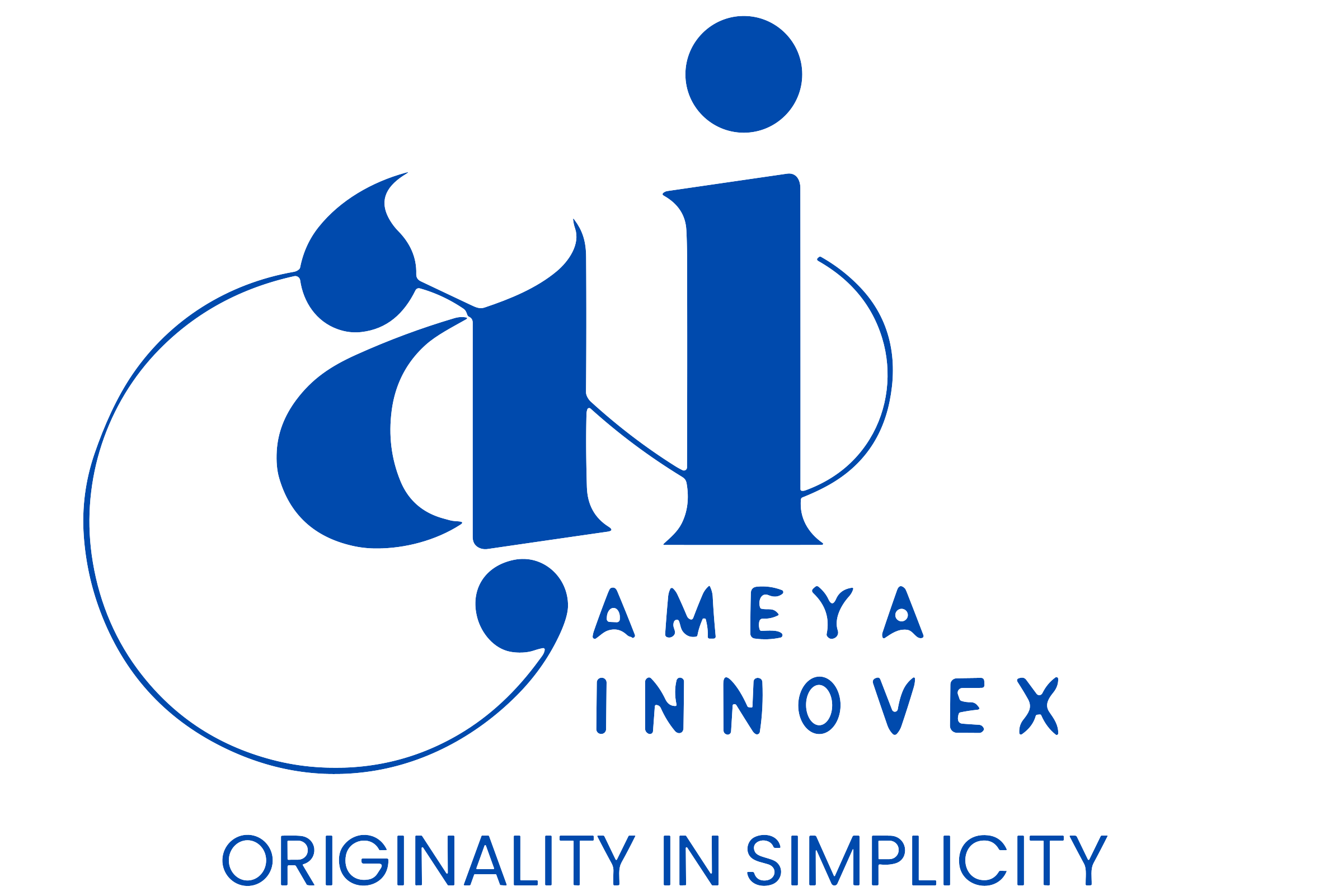Building Responsible AI in IT: Key Strategies

Powering Progress, Priortizing Responsibility with Actionable Solutions
Artificial intelligence (AI) has become the lifeblood of the IT industry, automating tasks, optimizing infrastructure, and strengthening security. From streamlining service desks to managing complex cloud deployments, AI’s influence is undeniable. However, with this power comes a critical responsibility to ensure ethical and sustainable development.
Challenges and Biases: While AI promises to revolutionize IT, challenges remain. AI systems can perpetuate biases in training data, leading to unfair outcomes in areas like IT hiring or resource allocation. Additionally, job displacement due to automation raises concerns about the future workforce and the need for continuous skill development.
Building a Responsible AI Framework in IT: Here’s how IT professionals can champion responsible AI development and navigate these challenges:
• Fairness by Design: Implement bias detection tools to analyze training data and identify potential biases. Utilize diverse datasets and actively mitigate bias through techniques like data augmentation and weighting. Partner with social scientists to ensure fair and inclusive algorithmic design.
• Explainable AI (XAI): Develop AI systems that explain their decision-making processes. This fosters trust and allows for human oversight. Invest in XAI frameworks that provide clear explanations for IT professionals and stakeholders to understand the reasoning behind AI outputs.
• Human-AI Collaboration: Don’t view AI as a replacement but as an augmentation tool for human expertise. Foster a collaborative environment where AI automates routine tasks, freeing up IT professionals to handle complex issues and provide strategic direction.
Implementing Responsible Practices:
• Standardization and Certification: Advocate for industry-wide standards and certifications for responsible AI development in IT. These standards should address bias mitigation, explainability, and human oversight. Encourage participation in organizations like the Partnership on AI (PAI) to define best practices.
• Upskilling and Reskilling Initiatives: Prepare the IT workforce for the changing landscape by offering training programs on AI fundamentals, responsible AI principles, and the human skills needed to thrive alongside AI.
• Continuous Monitoring and Improvement: Establish a feedback loop to monitor deployed AI systems and their impact on fairness, efficiency, and security. Regularly evaluate and update algorithms to address emerging issues and ensure alignment with evolving ethical standards.
The Future of Responsible AI in IT:
• Proactive Consideration of Emerging Technologies: As advancements like quantum computing become a reality in IT, proactively consider the ethical implications and develop responsible use cases alongside technological innovation.
• Industry Collaboration and Advocacy: Participate in industry forums and discussions to shape responsible AI policies and regulations. Collaborate with policymakers and advocate for ethical considerations during the development and deployment of AI within the IT sector.
• Building Public Trust: Educate stakeholders about AI’s potential and the importance of responsible development. Foster open communication and address concerns to build trust in AI-powered IT solutions.
By embracing these solutions, IT professionals can ensure AI becomes a force for positive change within the industry. Let’s work together to build a future where responsible AI in IT empowers innovation, fosters a skilled workforce, and delivers a secure and equitable technological landscape for all.
